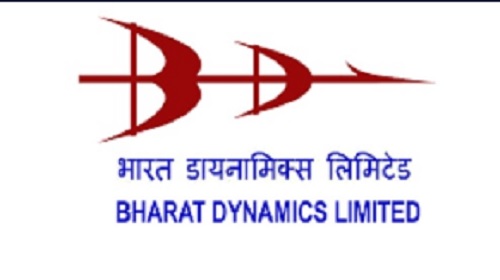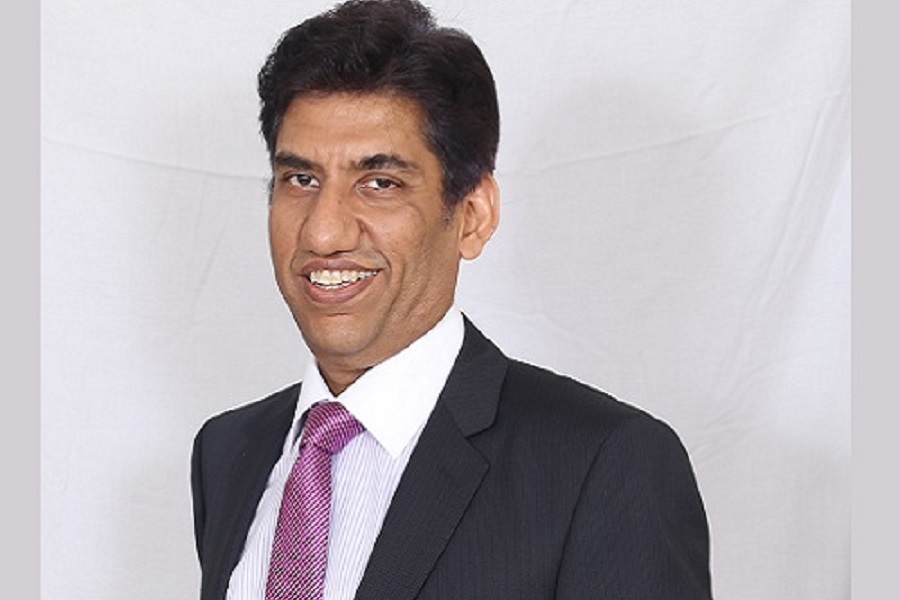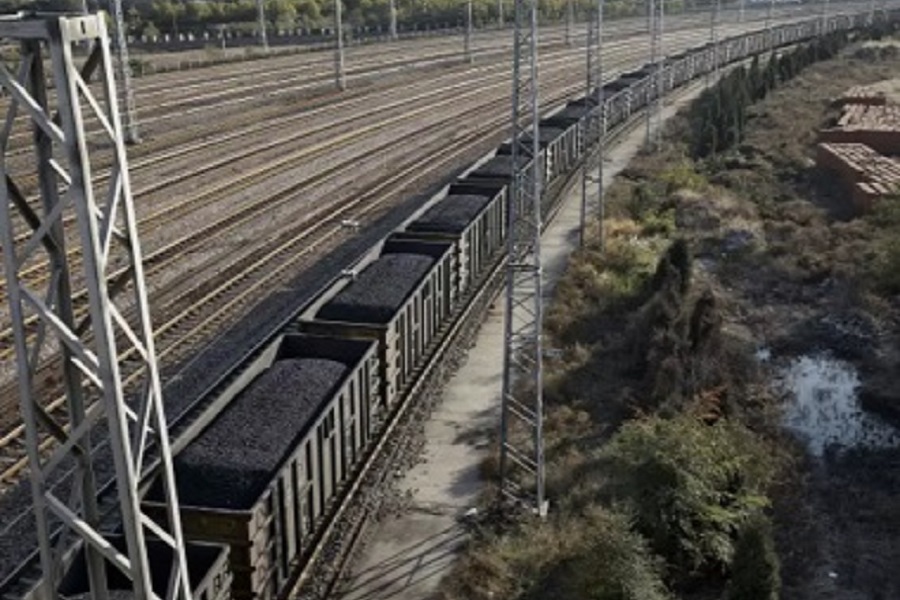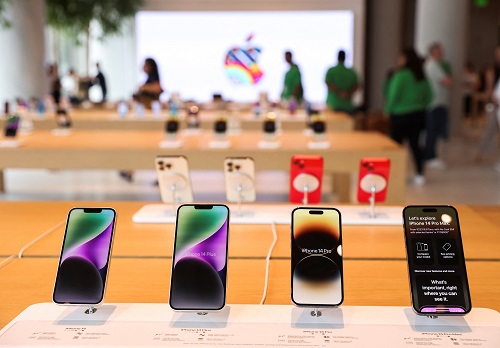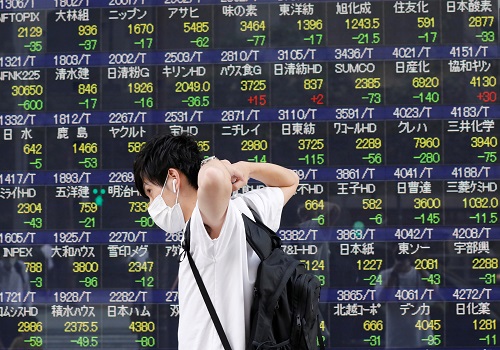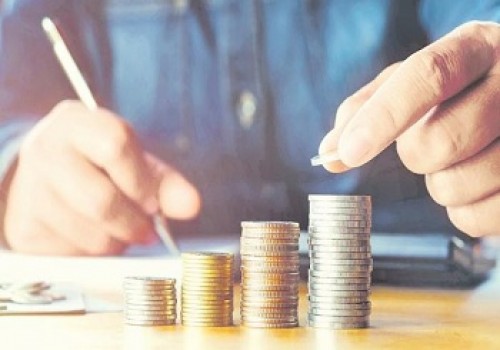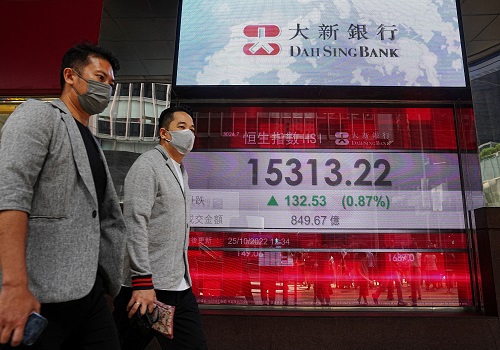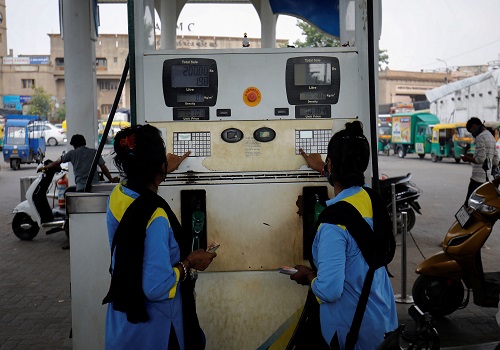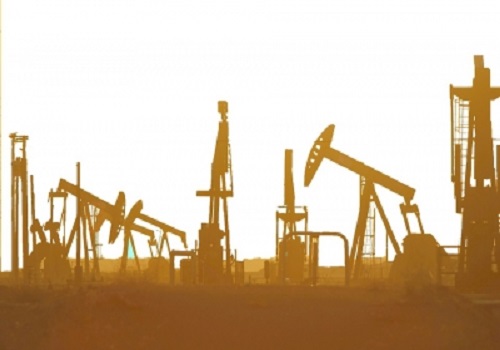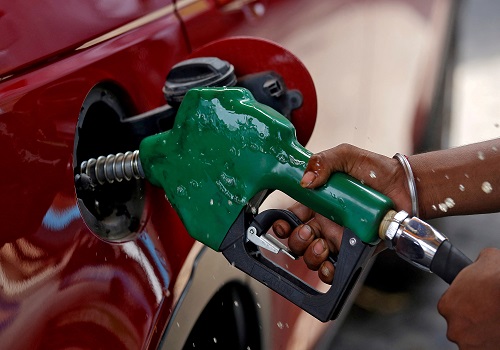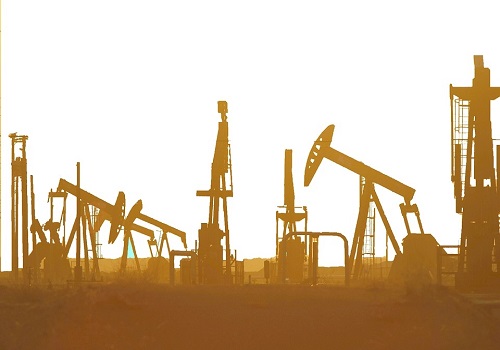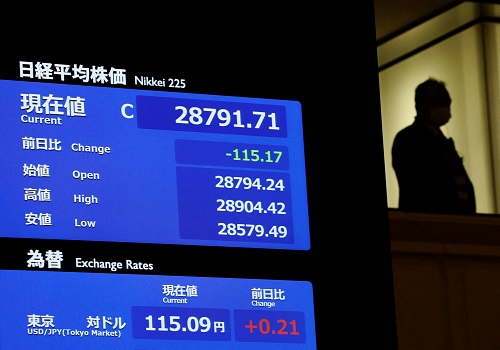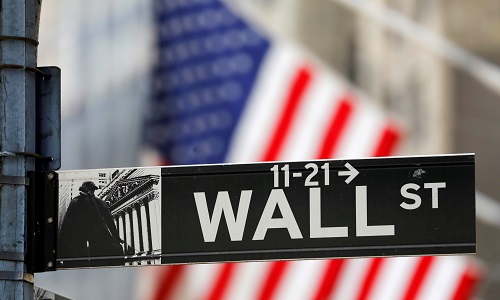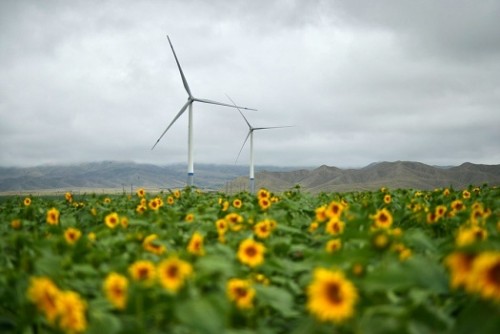Solar, wind and diesel: European companies tool up in energy crisis
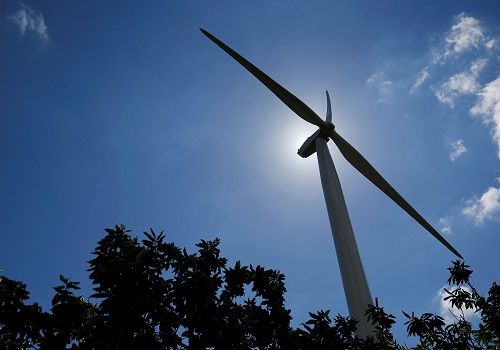
Follow us Now on Telegram ! Get daily 10 - 12 important updates on Business, Finance and Investment. Join our Telegram Channel
BERLIN/MADRID/COPENHAGEN - Big companies aren't waiting around for Europe to wean itself off Russian fossil fuels. With Moscow's invasion of Ukraine deepening the region's energy crisis, some are taking matters into their own hands.
Luxury carmaker Mercedes-Benz is working to increase its energy independence this decade with investments in solar energy and wind farms, while the dawning realisation that prices of oil and gas may stay higher for longer is prompting ever more interest in new kinds of power supply agreements.
"In the short term it is of course about protecting energy security but in the long-term, accelerating the path to independence," Mercedes-Benz CEO Ola Kaellenius said this week.
The war in Ukraine, which Russia calls a "special operation", has heaped further pressure on European energy markets where supply and demand were already roiled by the ripple effects of COVID-19.
A standoff with Russia over its demand to be paid in roubles for its gas -- part of a wider economic tit-for-tat between Moscow and the West -- has Brussels looking for alternatives to its biggest energy source.
Russia’s exports of crude and petroleum products to Europe are the second largest bilateral flow of oil between two trading partners, according to data from BP and Europe relies on Russia for 40% of its gas. The bloc is aiming to slash that by two thirds this year.
A global shortage of gas had pushed prices to record highs even before the Russian invasion, inflating the prices of alternatives – including dirtier ones such as diesel and coal.
Average diesel prices at the pump in Europe are now more expensive than gasoline for the first time in history.
Despite the expense, Danish Crown, one of the world's largest pork exporters, started to retrofit four of its gas-fired slaughterhouses in Denmark in the wake of the invasion of Ukraine so that they can run on diesel if needed. Denmark's third-largest brewer, Harboe, has rented a fuel oil generator to keep production running if gas falls short.
Sales of diesel generators to both businesses and private households in Denmark have surged 300-400% according to Kim Andersen, owner of Power Generator, one of the country’s biggest suppliers.
A LOT OF ROOFS
Europe's mission to cut back on Russian fossil fuels will be difficult and costly but it could also speed up a shift to wind and solar resources.
International firms including Alphabet's Google and Amazon have long track records of signing renewable power purchase agreements (PPAs) whereby they agree to pay a set price for several years, linked to a particular generation plant.
Ingka Group, the owner of most of the world's IKEA stores, said this week it was spending 340 million euros on nine solar projects in Germany and Spain as part of a longterm strategy to boost consumption of renewable energy. A spokesperson said these would sell power through power supply deals.
Whipsawing global energy prices have stoked demand for this kind of deal, said Joop Hazenberg, Policy and Impact Director at the RE-Source Platform a European group that promotes PPAs.
"We see the energy security and price crises facing the continent are making the guarantee of long-term price stability even more valuable. Companies now realise this," he said
Due to high demand, the European Commission decided to speed up publishing guidelines for such deals which had originally been due next year, Hazenberg added. "Following the Russian invasion of Ukraine, we now expect the publication next month."
In the first 10 months of 2021, 203 clean power supply deals were signed globally for a total capacity of 22 gigawatts -- roughly equivalent to 22 nuclear plants. That's a 44% increase on the same period of the previous year, according to data from Spanish power firm Iberdrola.
Silicon metal producer Ferroglobe aims to sign this kind of deal for 50-70% of its energy needs, but price volatility has disrupted negotiations over the past year, Chief Executive Marco Levi told Reuters.
"A couple of times we had a term sheet on the table but it was withdrawn because in the meantime energy prices rose a lot," he said.
Heavy power users are also setting up onsite generation.
Italian carmaker Stellantis said in February it had installed a 30,000-square metre solar array on the roof of a factory in Madrid which could produce 30% of the centre's power.
In the long term, clean power purchase trailblazers Google have described their renewable energy purchasing strategy as being "additional" - or helping to create more renewable power.
Mercedes-Benz aims to install more renewable power at some of its sites, and also meet the same objective as Google.
"We have a lot of roofs we can use," CEO Kaellenius said. "We talk of additionality - not just buying away green energy but adding something to the pot."

